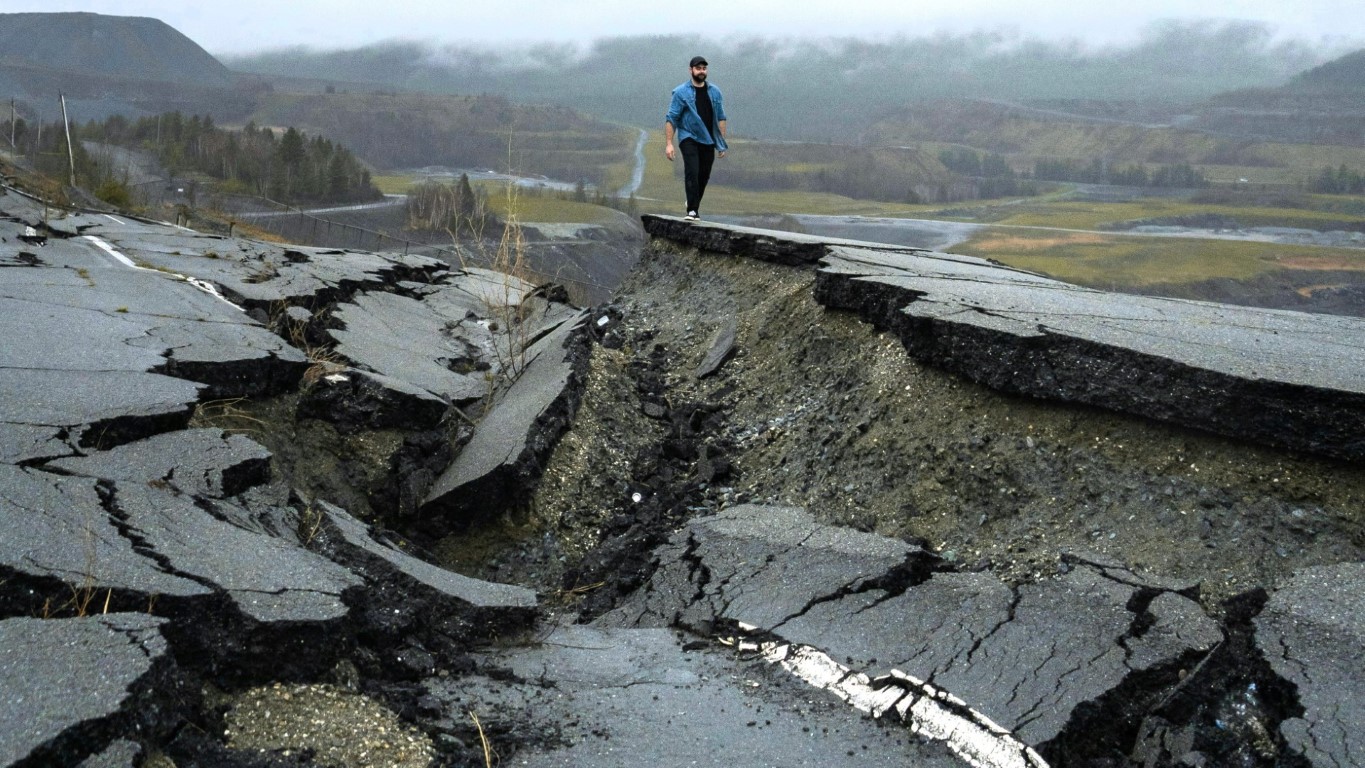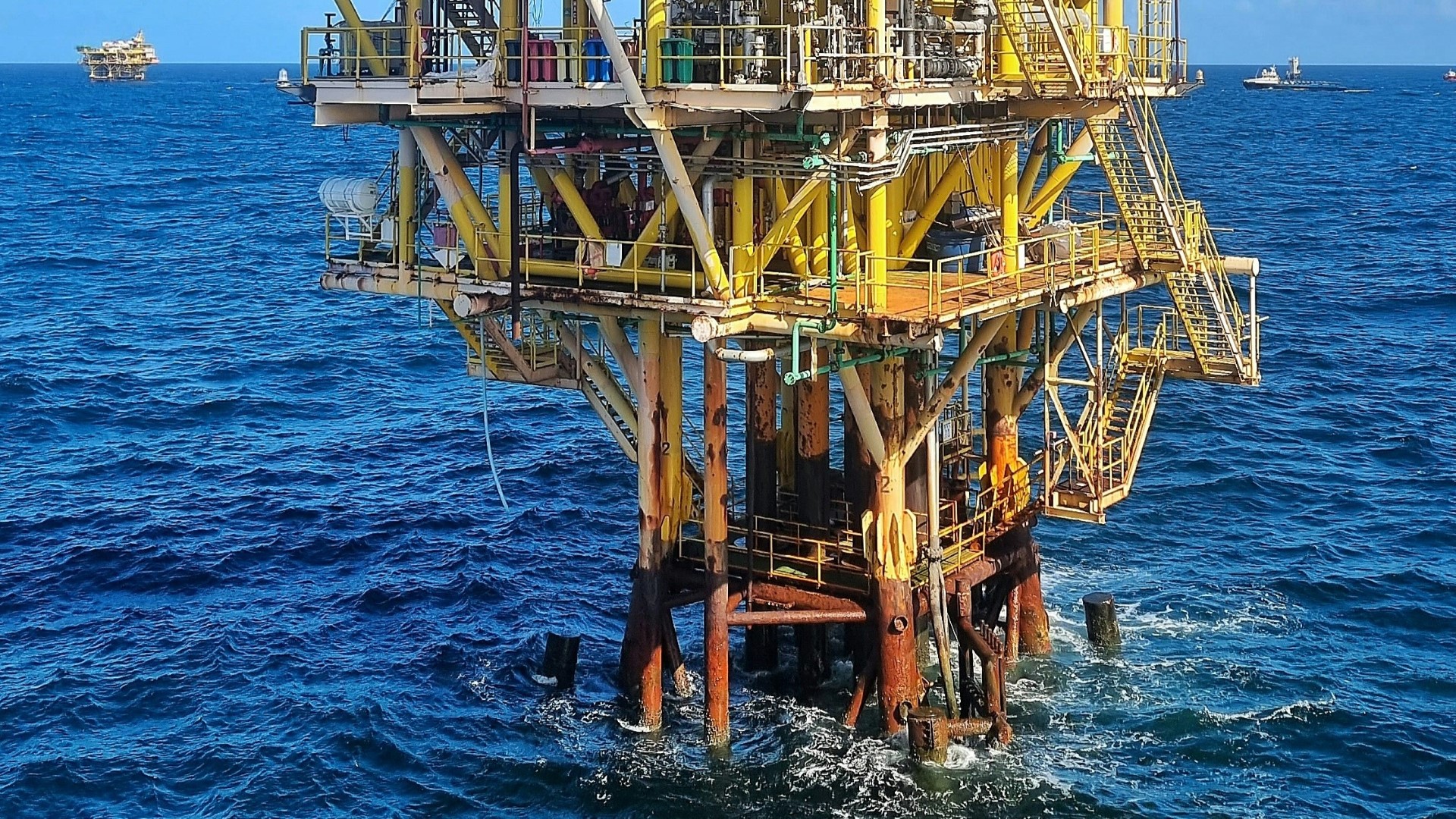We explore five applications of Distributed Acoustic Sensing (DAS) spanning different industry sectors and the benefits DAS brings.
Security and Perimeter Monitoring:
DAS technology can enhance security and perimeter monitoring in various settings such as critical infrastructure, military installations, and border protection.By deploying DAS systems along fences or perimeters below ground, security personnel can detect and locate intrusions based on changes in acoustic signals, improving situational awareness and response capabilities
The long lengths of perimiter that can be protected from a single sensing unit make DAS an ideal and covert monitoring technique for these applications.


Leak Detection and Pipeline Monitoring:
DAS technology is used for leak detection and pipeline monitoring in oil and gas transportation systems.
By deploying fiber optic cables along pipelines, operators can detect acoustic signals associated with leaks, third-party intrusions, or mechanical damage.
DAS systems provide continuous monitoring of pipeline integrity, enabling operators to quickly identify and locate potential leaks, minimise environmental impacts, and ensure the safe and reliable operation of the pipeline.
Seismic Monitoring and Earthquake Detection:
DAS can be utilized for seismic monitoring and early earthquake detection.
By deploying fiber optic cables in the ground, DAS systems can detect subtle changes in acoustic signals caused by seismic activities, providing valuable data for earthquake early warning systems and seismic research.


Subsea Infrastructure Monitoring:
DAS technology can be utilized for monitoring subsea infrastructure such as cables, pipelines, and offshore platforms.
By installing fiber optic cables on the seabed or along subsea structures, DAS systems can detect acoustic signals associated with structural integrity, seabed stability, and threats from shipping such as dragged anchors.
Railway Infrastructure Monitoring:
This is what we do at Sensonic every day! We use DAS technology in real-time to monitor security threats such as trespass or cable tampering, as well as to identify natural hazards such as landslides or rockfalls occurring.
It is also possible to use the acoustic signature (SonicTwin®) of the network to monitor the changing condition of railway track too.
By analysing acoustic signals captured by DAS systems we provide real-time alerts of threats and help teams to effectively respond to emerging issues.

If you'd like to see how your railway can gain access to improved asset information, see our applications above or contact us via the button below.


